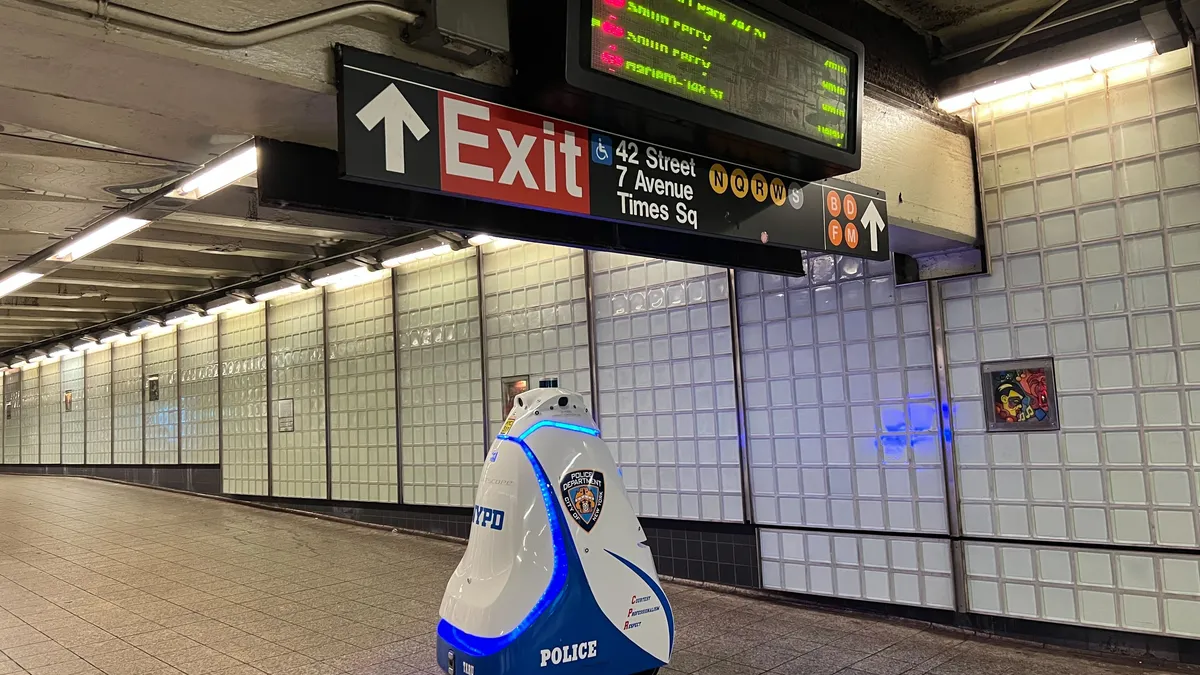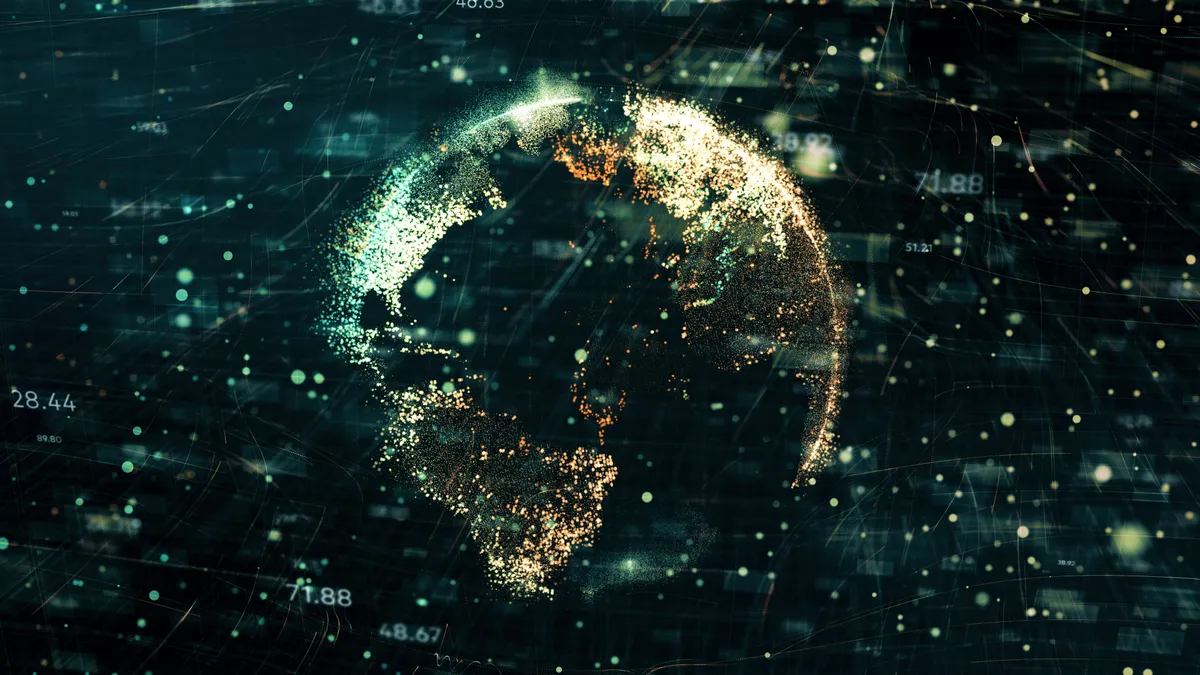AI-Generated Voice Used Without Permission: What Does It Mean for Artists?
A Beijing Court Must Determine if an AI-Generated Voice, Said to Resemble a Voiceover Artist and Used Without her Consent, has Violated her Voice Rights.
Chinese authorities are considering the legality of using artificially generated voices in audiobooks.

Imagine waking up one day and hearing a voice on an audiobook that sounds eerily like yours. You quickly discover that it’s an AI-generated version of your voice being used without your permission. This is exactly what happened to an artist, whose family name is Yin, in China. She took the matter to court, claiming that her AI-powered voice had been used in audiobooks sold online without her consent.
Yin argued that the companies profiting off the sale of these audiobooks were infringing on her right to voice and causing financial losses. And she’s not just seeking monetary compensation, but also justice for the impact it has had on her career and personal life. It’s like someone hijacking your voice and using it for their own gains without any regard for the consequences.
The defendants, however, argued that the AI-generated voice was not the artist’s original voice and should be differentiated. They claim that the AI technology creates a distinct voice, separate from the artist’s own vocal identity. But is that really enough to justify using someone’s likeness without their permission? 🤔
The Beijing Internet Court is currently hearing Yin’s case and will reveal its ruling at a later date. This legal battle comes on the heels of a similar case where a Chinese court ruled in favor of a plaintiff whose image, generated using open-source AI software, was used without consent. These cases raise important questions about intellectual property rights and the limits of AI-generated content.
The Ethics of AI and Creative Ownership
The use of AI to generate content has opened up a Pandora’s box of ethical debates. On one hand, it offers new creative possibilities and innovative tools for artists and creators. On the other hand, it raises concerns about copyright infringement and the sanctity of creative ownership.
- 🤖 The Rise of Duet AI: Google’s Upgrade to Optimize Your Workflows...
- Welcome to the Mysterious Gemini Era of AI
- Say Hello to Custom AI-Generated Themes on Google Chrome!
In the case of Yin’s AI-generated voice, it becomes crucial to establish who should own the rights to this content. Is it the artist herself, who provided the source material for the AI model? Or is it the creators of the AI software, who developed the technology and facilitated the generation process? This legal battle will not only determine Yin’s rights but also set a precedent for future cases involving AI-generated content.
Q&A: Your Burning Questions Answered
Q: Can AI-generated content have copyrights?
A: The answer to this question is not straightforward. While recent US court decisions have denied copyright protection to AI-generated content without human authorship, the Beijing Internet Court ruling appears to distinguish between “straightforward” AI-generated content and AI-assisted work with human involvement. In the latter case, where human creators make aesthetic choices and invest personal judgment in the content creation process, copyrightability may be recognized.
Q: But what if the AI-generated content is unpredictable and produces different results each time?
A: This is an interesting question that raises further complexities. It remains to be seen how the Beijing Internet Court would approach copyrightability if AI-generated content turns out to be unpredictable and produces various versions each time. Would the judges change their rationale because human authors do not have as much “control” over the output? Legal experts are closely watching these cases to see how the law evolves in this fast-paced technological landscape.
The Future of AI-Generated Content
As AI technology continues to advance, we can expect more cases like Yin’s to arise. Artists, writers, and creators will grapple with questions of creative ownership and how AI fits into the world of intellectual property. It’s a challenging and rapidly evolving landscape, but one that holds tremendous potential for creative expression.
In the coming years, we will likely see more debates, legal battles, and perhaps even legislation surrounding AI-generated content. The intersection of technology, creativity, and legal frameworks will shape the future of this field. And with each court ruling and legal precedent set, we gain a deeper understanding of the rights and responsibilities in the age of AI.
References:
- ENBLE – Meta Rolls AI-Powered Image Generator
- China Daily – China Gaming Laws: Tencent Stock Plummets Amid Crackdown Fears
- ENBLE – AI, Edge Computing, 5G, and the Internet of Things
- New York Times – The Ethics of Generative AI: How We Can Harness This Powerful Technology
- ENBLE – DALL·E 3: ChatGPT Read & Modify Images, Come and See!
📣 What are your thoughts on AI-generated content and its impact on creative ownership? Share your opinions in the comments below and remember to spread the word by sharing this article on your favorite social media platforms!






